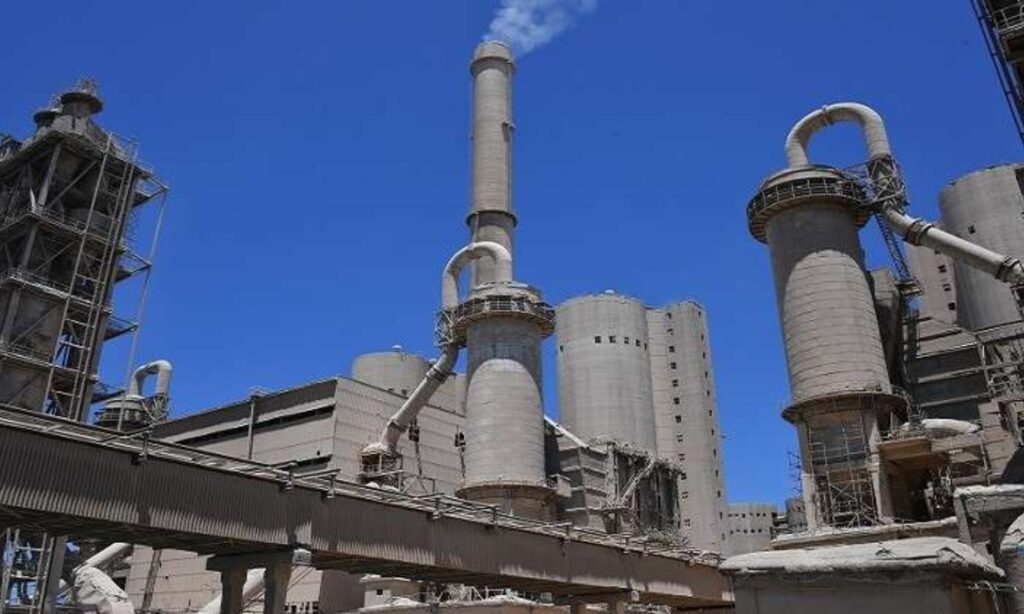The Ministry of Internal Trade and Consumer Protection within the Syrian regime’s government has imposed a financial tax on the production of every ton of cement in both the public and private sectors.
According to a decision published in the official gazette, issue “47”, which Enab Baladi has reviewed, a tax is imposed on every ton of cement produced in both the public and private sectors, starting from November 7, 2023.
The tax amount has reached 8000 Syrian pounds for every ton of cement produced by private sector factories and companies, to be paid to the account of the “Price Equalization Fund” at the Commercial Bank of Syria.
The US dollar is trading at 14,700 SYP according to the S-P Today website, which covers the trading rate of the Syrian pound to the dollar. At the start of the conflict in 2011, the dollar was trading at 47 pounds.
Meanwhile, the tax imposed on every ton of cement sold by the General Organization of Cement and Building Materials to the General Company for the Manufacture and Marketing of Cement and Building Materials (Omran) or any other entity is 6000 Syrian pounds.
However, the decision exempts public sector export-destined quantities from this tax imposition.
The Omran branches in provinces will pay the tax value to the “Price Equalization Fund” account at the Commercial Bank of Syria, for the entire quantities received from cement factories.
In turn, the factories and companies affiliated with the General Organization of Cement will pay the tax on any quantity sold in the local market directly after approval by the Economic Committee.
Cement price hike
Cement prices continue to rise in the black market, influenced by the availability of the material at Omran branches, since merchants do not adhere to the official pricing. Government prices apply only to those who can obtain cement from official institutions through construction or renovation permits; otherwise, merchants control the purchase and sale of cement.
The Ministry of Internal Trade raised the price of a ton of cement in October 2023, before imposing the tax, to 1.76 million Syrian pounds after it had been 700,000 Syrian pounds per ton in June 2023.
With this increase, the price of a ton of cement in the black market reached 2.5 million Syrian pounds in November 2023, while it peaked at 2.5 million pounds per ton in the current January, according to the government newspaper “Al-Thawra.”
Construction material prices, including cement, affect the rise in house prices, accompanied by a decline in construction activity and stagnation in the property buying and selling market.
The Ministry of Industry in the regime’s government estimated the profits of the General Company for the Manufacture and Marketing of Cement and Building Materials (Omran) for the entire year 2023, before taxes, at 68 billion Syrian pounds, and the net profits after tax at 48 billion Syrian pounds.
On January 6 of the current year, the president of the Syrian regime, Bashar al-Assad, issued a decree to establish the General Company for the Manufacture and Marketing of Cement and Building Materials (Omran) to replace the General Organization of Cement and Building Materials and its affiliated companies, linked to the Minister of Industry and the General Establishment for Internal Trade for Minerals and Building Materials, to become one economic company with a legal personality, financial and administrative independence, and headquartered in Damascus.











